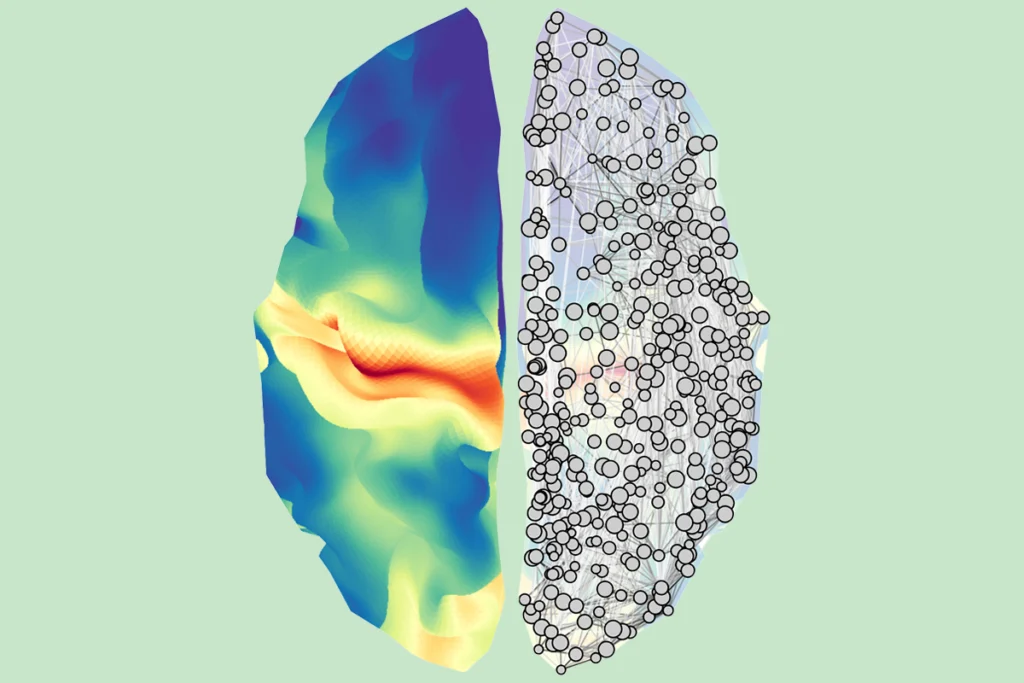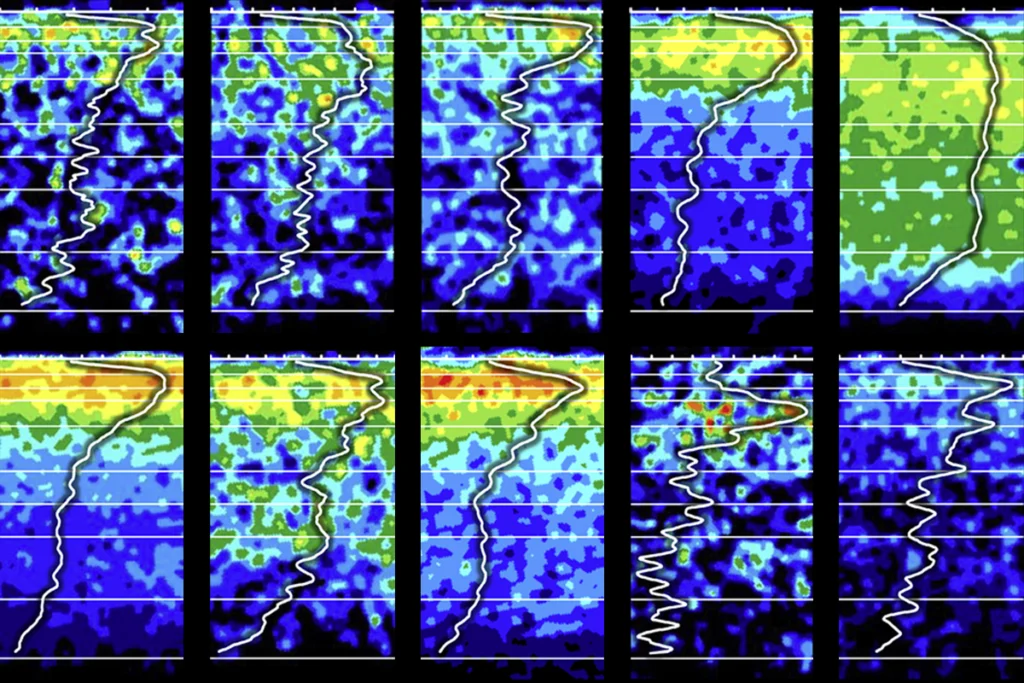Mac Shine is associate professor of computational systems neurobiology in the Brain and Mind Centre at the University of Sydney in Australia. His lab focuses on mapping mechanistic neurobiological neural models to dynamical network signatures estimated from functional neuroimaging data.
Shine completed his Ph.D. in cognitive neuroscience at the University of Sydney. As a graduate student, he helped to refine the neural mechanisms of non-motor symptoms of Parkinson’s disease. As a postdoctoral fellow at Stanford University in California, Shine developed innovative approaches for tracking whole-brain network dynamics from noninvasive functional neuroimaging data. In 2017, he returned to the University of Sydney, where he runs a diverse research lab that creates neurobiological models of cognitive function. He is a joint National Health and Medical Research Council/Bellberry fellow.






